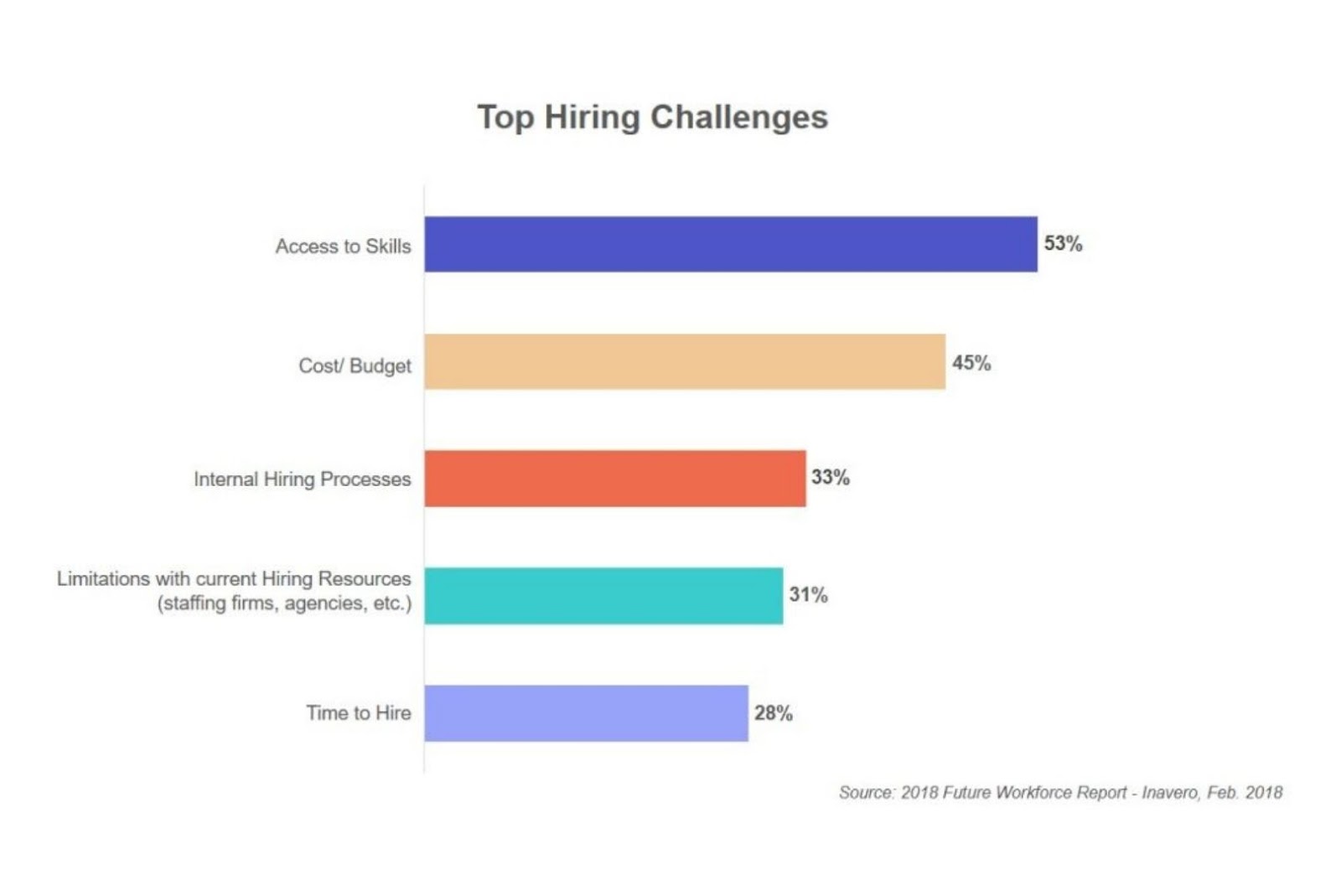
Strong math and data analysis skills are essential if you wish to work in financial services. You should also be creative and good at communicating. Also, you should be able negotiate with people and work well as part of a team. In the financial sector, people skills are important. Financial careers require the ability to solve problems and work with others.
Officers who specialize in mortgage loans
A key role in the mortgage industry is played by mortgage loan officers. They serve as the first point of contact for entrepreneurs and homebuyers, helping them to navigate the process and obtain the loan that best suits their needs. They are well-versed in the loan products that their institution offers and they know what eligibility requirements apply. This knowledge allows them to work with applicants to increase their chances for approval.
An officer for mortgage loans has many responsibilities. They must analyze applications and recommend loan approval. This includes helping clients choose the right loan type to suit their needs, researching credit scores, and following regulations. Mortgage loan officers should be well-versed in the laws and regulations that apply to their products.

Actuaries
If you are looking to work in finance, then becoming an actuary might be a good option. A bachelor's degree in math or economics is a good choice to help you succeed. For students pursuing an actuarial degree, they should take courses in statistics and probability. While some topics are relevant to actuaries, others are more relevant for other fields.
Many actuaries specialize in certain areas. You can find out which area interests you by getting some internship experience. Actuaries can work for insurance companies, consulting firms, government agencies, employee benefits departments, banks, hospitals, and other organizations. Initially, you will work as a trainee. Your tasks will get more complicated as you gain experience. You can also take additional certification exams to further enhance your skills.
Credit analysts
Credit analysts are responsible for assessing a business's creditworthiness. They review financial records and the data of business clients to determine risks associated with credit extension. This includes analyzing both qualitative and quantitative information. Credit analysts are responsible to prepare detailed reports that assist companies in determining the risk of lending to one company.
Credit analysts gather and analyze credit data and financial information to determine the risk involved in a loan and recommend repayment terms to lenders. They also assess creditworthiness of customers and business partners. They may also recommend investments and loans to stakeholders within a business.

Asset and wealth managers
Asset and wealth management is responsible for the administration of client assets. They aid their clients to make sound investments by keeping track their assets and co-ordinating inputs from other financial experts. These professionals are paid on a recurring basis or per the asset they manage. These professionals work with individuals and companies and must always keep the best interests of their clients in mind.
Asset and wealth managers work with private and institutional clients to invest and manage their assets. This includes providing advice to clients regarding asset allocation, new investments opportunities, risk analysis, portfolio strategy formulation and retirement planning. Their job involves balancing client needs with their own.
FAQ
What was the origin of modern consultancy?
Accounting professionals were the first to become consultants. They helped companies manage their finances. Their skills in managing financial information led to them being called "accounting consultant". But, their role soon expanded to other areas such as human resource management.
The French word "to advise" is the origin of the term "consultant". It was first used by businessmen to refer to someone who could give advice about how to run an organisation. Many business owners use the term "consultant" to describe any professional advisor.
Why should you hire consultants?
There are many reasons to hire consultants.
-
A specific project or problem may be a challenge for your company.
-
You want to improve or learn new skills.
-
You want to work with an expert in a particular field
-
You have no other choice but to do the job.
-
Feel overwhelmed by all the information available and don't know where you should start
-
You can't afford full-time employment
The best way to find a good consultant is through word of mouth. Ask your friends and colleagues if they know of any trustworthy consultants. Ask someone you know who is a consultant for his/her recommendations.
If you're interested in using online directories, such as LinkedIn, you can use the "Search People” feature to find consultants near your location.
How can I select a consultant?
There are three key factors to be aware of:
-
Experience - How skilled is the consultant? Are you a beginner or an expert? Does her resume demonstrate that she has the required skills and knowledge
-
Education - What did this person learn during school? Did he/she pursue any relevant courses once he/she graduated? Are we able to see evidence of his/her learning through the way he/she writes
-
Personality - How do we feel about this person? Would we like him/her to work with us?
-
These questions help to decide if the consultant suits our needs. If you do not have the answer, it is worth interviewing the candidate to find out more.
Statistics
- Over 62% of consultants were dissatisfied with their former jobs before starting their consulting business. (consultingsuccess.com)
- According to statistics from the ONS, the UK has around 300,000 consultants, of which around 63,000 professionals work as management consultants. (consultancy.uk)
- On average, your program increases the sales team's performance by 33%. (consultingsuccess.com)
- My 10 years of experience and 6-step program have helped over 20 clients boost their sales by an average of 33% in 6 months. (consultingsuccess.com)
- 67% of consultants start their consulting businesses after quitting their jobs, while 33% start while they're still at their jobs. (consultingsuccess.com)
External Links
How To
How can I start a consultancy business with no money?
You can easily start your own consultancy business with no capital investment.
This tutorial will show you how to make money online from home. It will also help you improve your skills and earn extra cash.
I'll share my secrets for generating traffic on demand, particularly when people search for something specific.
This method is known as "Targeted Traffic". This is how this method works...
-
Find the niche in which you would like to work.
-
For solutions on Google, it is important to research the keywords that people use.
-
These keywords can be used in content.
-
Post your articles on article directories.
-
Promote your articles using social media.
-
You can build relationships with people who are experts in the field.
-
Be featured on these blogs or websites.
-
Grow your email list by sending out emails.
-
Start making money.